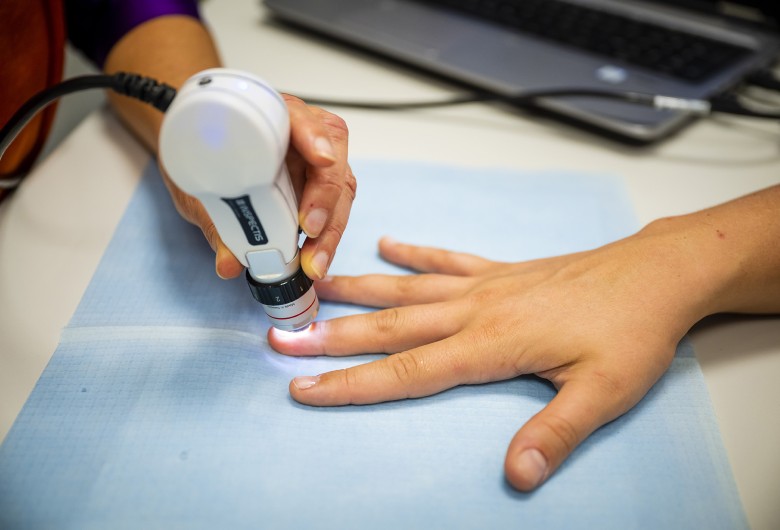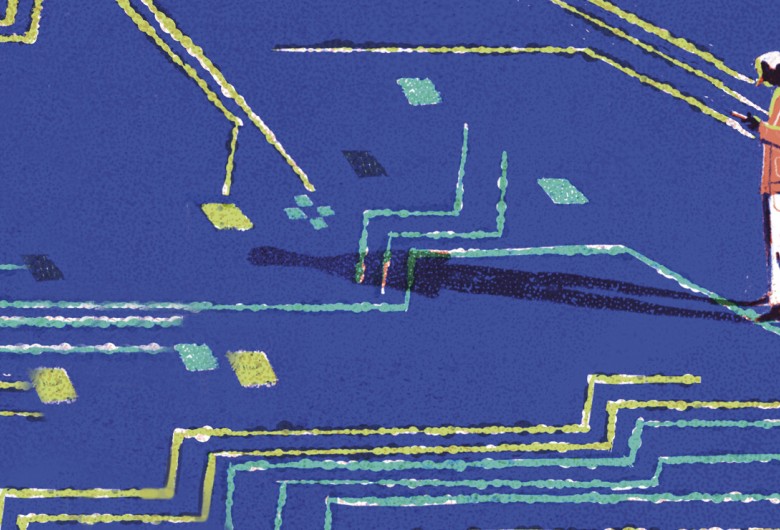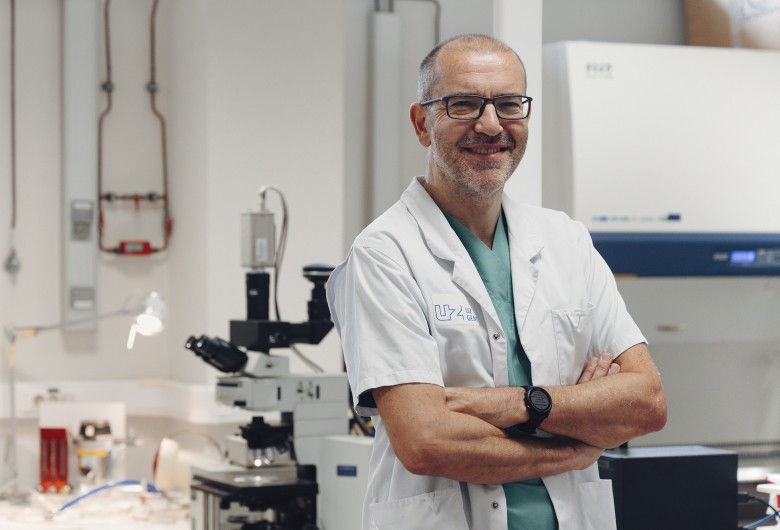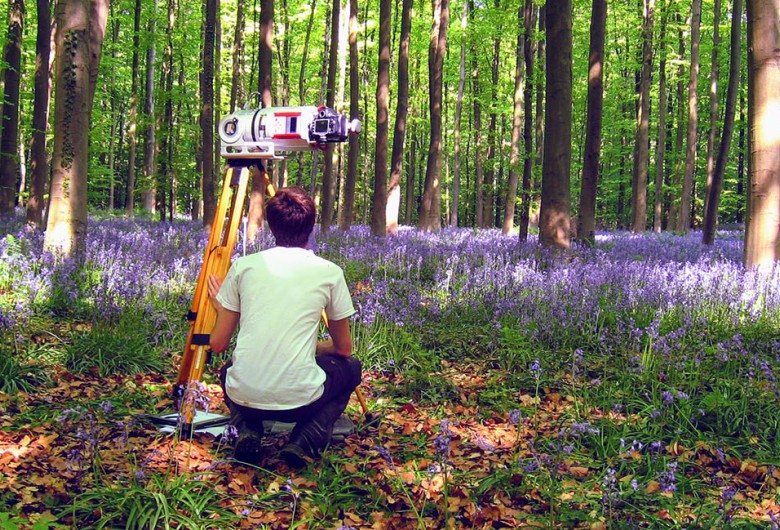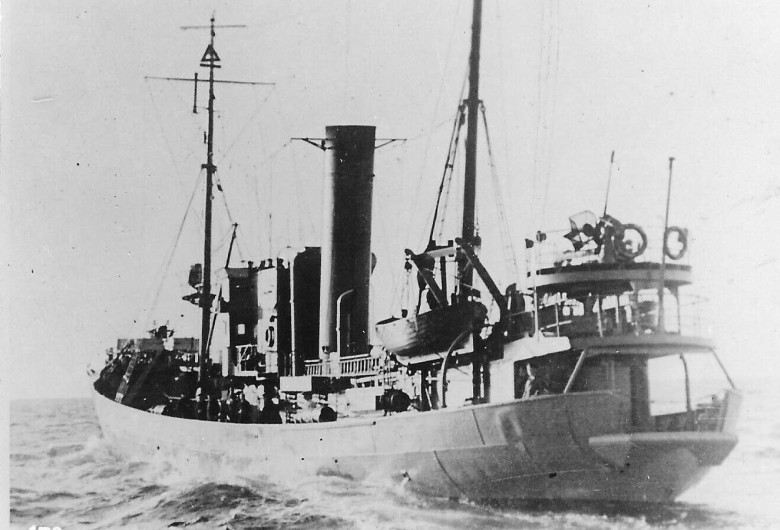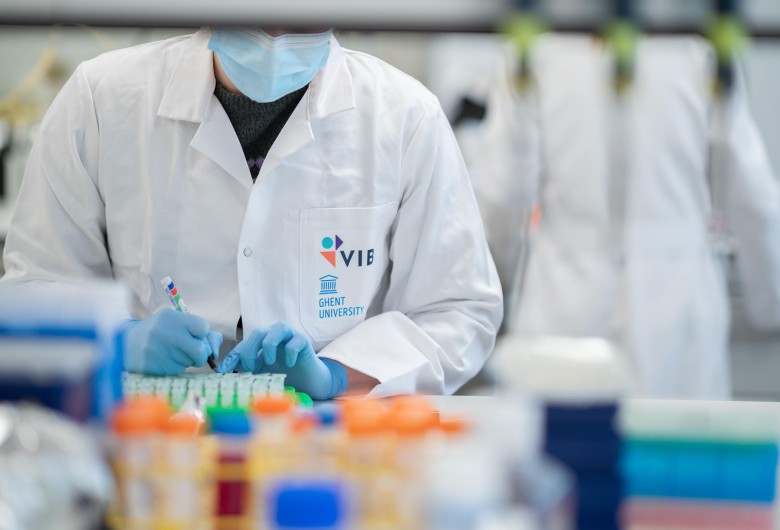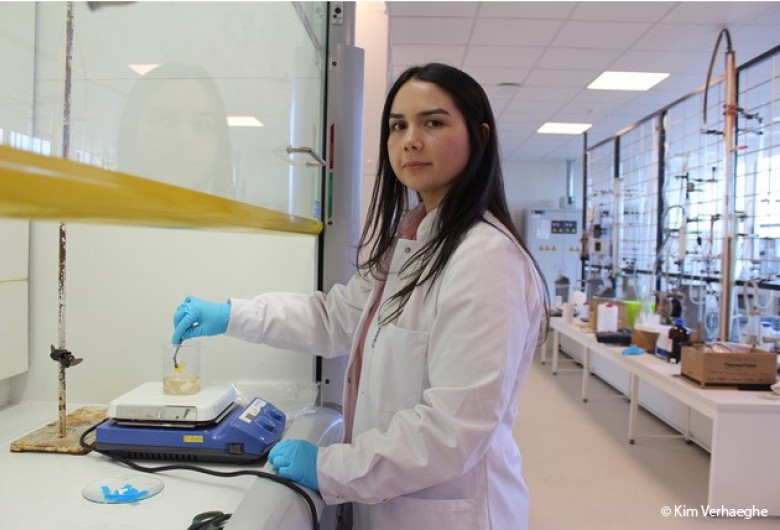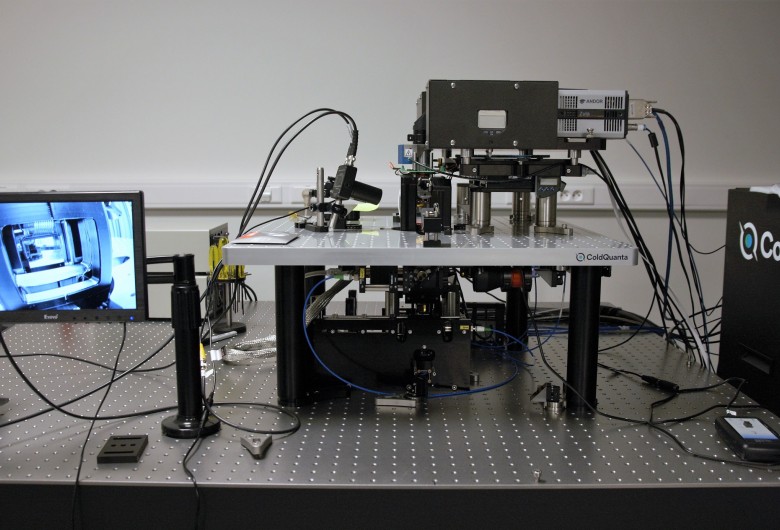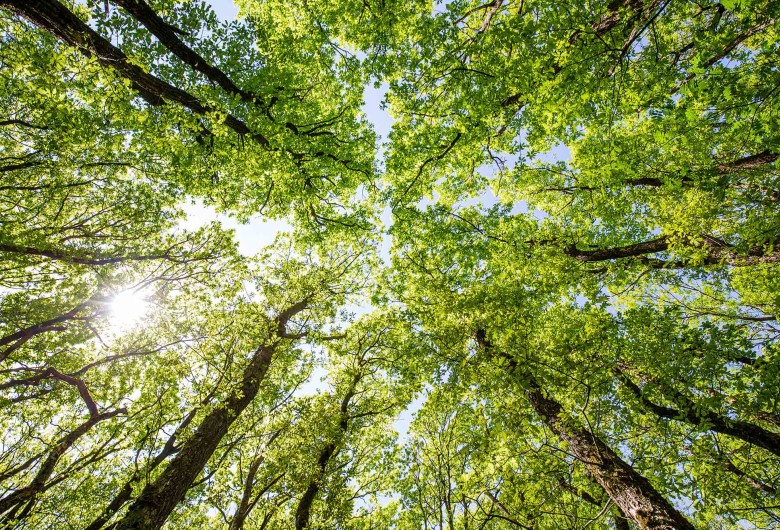Do your fingers turn white when the weather turns colder? It may be a pain, but it’s not (always) a cause for concern
Around one in every ten people suffers from fingers that turn completely white when exposed to cold weather. This condition is known as Raynaud’s phenomenon, and thankfully, it‘s (mostly) nothing to worry about.
